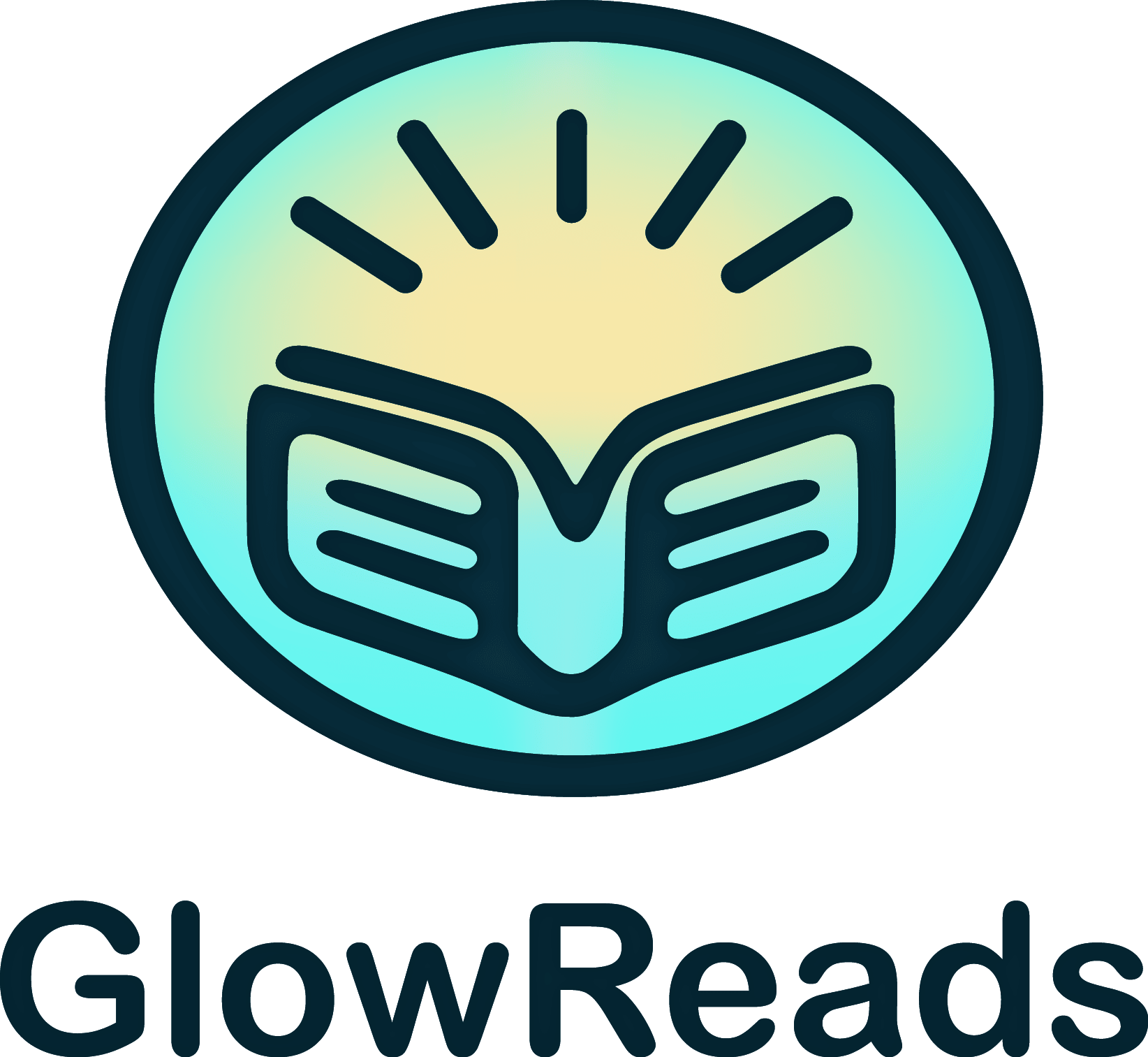Introduction to “1984” and Its Author
“1984” is a landmark dystopian novel by George Orwell, first published in 1949. Orwell, an English novelist and essayist, is renowned for his critical and thought-provoking works on social injustice, totalitarianism, and the misuse of power. “1984” is one of his most influential books, offering a chilling depiction of a future where government surveillance and public manipulation are taken to extreme levels.
What is a Prole in the Book “1984”?
In George Orwell’s dystopian novel “1984,” the term “prole” refers to members of the working class, short for “proletariat.” The proles represent the majority of Oceania’s population, living in poverty and largely ignored by the Party. Unlike Party members, proles are not subjected to intense surveillance and propaganda, as they are considered politically insignificant and incapable of rebellion.
What Are the Proles in the Book “1984”?
The proles in “1984” are depicted as a mass of uneducated, indifferent individuals who are preoccupied with trivial matters and daily survival. Despite their numerical superiority, the Party views them as harmless and does not attempt to indoctrinate them extensively. Orwell portrays the proles as a potential source of hope for societal change, though their lack of awareness and organization prevents them from rising against the oppressive regime.
Who Are the Proles in the Book “1984”?
The proles are the working-class citizens of Oceania. They are distinguished from the Party members by their freedom from constant surveillance and propaganda. While they live in squalor and engage in menial labor, they also enjoy more personal freedoms compared to the rigid and controlled lives of Party members. The protagonist, Winston Smith, occasionally interacts with the proles and envies their relative autonomy.
What is Thoughtcrime in the Book “1984”?
In “1984,” thoughtcrime is the act of thinking against the Party or harboring rebellious thoughts. The concept of thoughtcrime is enforced by the Thought Police, who monitor citizens’ thoughts and behaviors through surveillance and psychological manipulation. The novel emphasizes that even the slightest hint of dissent, whether expressed or merely contemplated, is punishable by severe measures, including torture and reeducation.
How Does the Book “1984” End?
“1984” concludes with the tragic downfall of Winston Smith. After being caught and tortured by the Thought Police, Winston undergoes intense reeducation and brainwashing. In the end, he is broken both physically and mentally, ultimately betraying his love, Julia. The novel closes with Winston’s complete submission to the Party, signified by his acceptance of Big Brother and the erasure of his rebellious spirit.
Why is the Book “1984” Banned?
“1984” has been banned or challenged in various countries and contexts due to its controversial themes and stark portrayal of a totalitarian regime. Some authorities view the book as subversive, fearing it could inspire dissent or criticism of existing political systems. Additionally, its explicit content and bleak depiction of human suffering and control have led to concerns about its appropriateness for certain audiences, particularly in educational settings.
What Does the Ending of “1984” Mean?
The ending of “1984” signifies the complete and utter control that the Party has over individuals. Winston’s final acceptance of Big Brother and his betrayal of Julia highlight the terrifying power of totalitarian regimes to crush human spirit and resistance. The ending serves as a stark warning about the dangers of unchecked political power and the erosion of individual freedoms.
What Role Does the Ministry of Truth Play in “1984”?
In “1984,” the Ministry of Truth is responsible for propaganda and historical revisionism. Its primary function is to manipulate information, rewrite history, and control the narrative to ensure the Party’s version of events is the only accepted reality. This ministry exemplifies the extent of the Party’s control over truth and the past, shaping public perception and suppressing dissent.
How is Technology Used for Control in “1984”?
Technology in “1984” is used extensively by the Party to monitor and control the population. Telescreens, hidden microphones, and cameras are omnipresent, ensuring that citizens are under constant surveillance. This pervasive monitoring prevents any form of rebellion and reinforces the Party’s dominance. The novel highlights the potential for technology to be used as a tool for oppression in totalitarian regimes.
Why You Should Read “1984”
George Orwell’s “1984” is a seminal work of dystopian fiction that remains profoundly relevant in today’s world. Its exploration of totalitarianism, surveillance, and the erosion of individual freedoms serves as a powerful warning against the dangers of unchecked governmental power. The novel’s rich characters, intricate plot, and thought-provoking themes make it a compelling and essential read.
Whether you are a fan of classic literature or interested in political philosophy, “1984” offers valuable insights into the human condition and the importance of safeguarding liberty and truth. This timeless narrative continues to resonate, urging readers to reflect on the balance between security and freedom in contemporary society.
Embrace the opportunity to delve into one of the most influential books of the 20th century. “1984” is more than just a story; it is a call to remain vigilant and protect the values that define our humanity.
